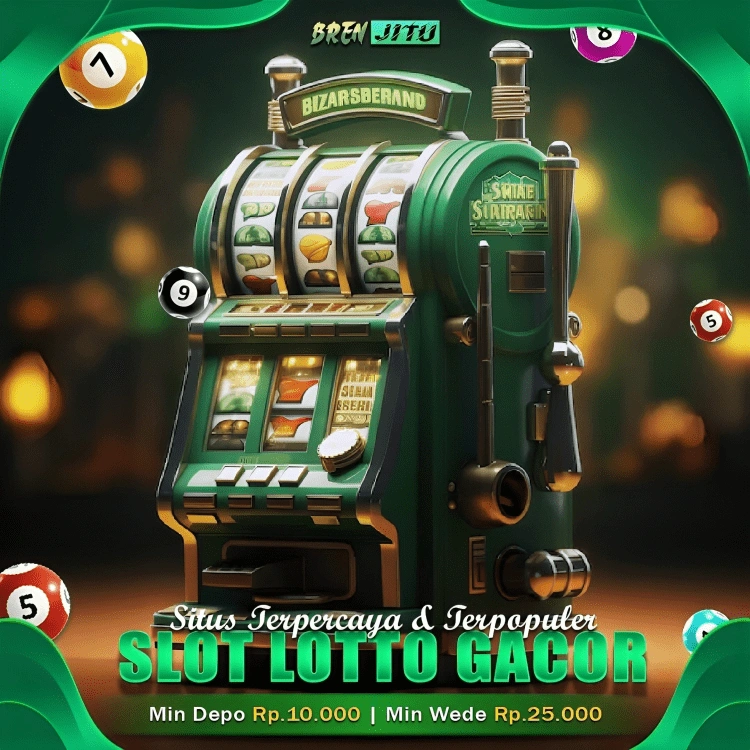From Classics to Modern Hits: PlayStation Games That Are the Best Games Today
PlayStation platforms have consistently provided players with some of the best games in the industry, spanning home consoles situs slot gacor and handheld devices. From the early days of the original PlayStation to the current PlayStation 5, the platform has set a benchmark for quality, creativity, and immersive gameplay. PlayStation games appeal to a broad range of players, offering experiences that combine narrative depth, technical innovation, and engaging mechanics. The platform’s ability to evolve while maintaining high standards ensures that the best games remain consistently available across generations.
The original PlayStation introduced games that would become iconic classics. Final Fantasy VII, Metal Gear Solid, and Resident Evil showcased how video games could combine storytelling, mechanics, and visuals to create unforgettable experiences. These PlayStation games were not only entertaining but also influential, inspiring future developers and shaping the industry. Many of these early titles remain regarded as some of the best games ever released.
The PlayStation 2 expanded the platform’s potential with larger worlds, more advanced gameplay, and diverse experiences. Games like God of War, Shadow of the Colossus, and Kingdom Hearts offered immersive stories, innovative mechanics, and emotional depth. PlayStation games during this era demonstrated that quality gameplay could span multiple genres, from racing to action-adventure, ensuring that players could always find a title that suited their preferences.
With the PlayStation 3 and 4, games became even more cinematic and polished. Titles such as Uncharted 2: Among Thieves, The Last of Us, and Bloodborne combined narrative, exploration, and action to deliver some of the most acclaimed PlayStation games. Online features enhanced engagement, allowing multiplayer interaction across the globe. These consoles proved that PlayStation games could innovate both technologically and creatively, solidifying the platform’s reputation for producing the best games in the industry.
The PSP complemented these consoles by providing portable gameplay without sacrificing quality. PSP games like Crisis Core: Final Fantasy VII, Monster Hunter Freedom Unite, and Dissidia Final Fantasy offered immersive experiences with complex mechanics and rich storytelling. The handheld allowed players to enjoy some of the best games on the go, making it a critical part of PlayStation’s ecosystem. PSP games demonstrated that portability and depth could coexist seamlessly.






